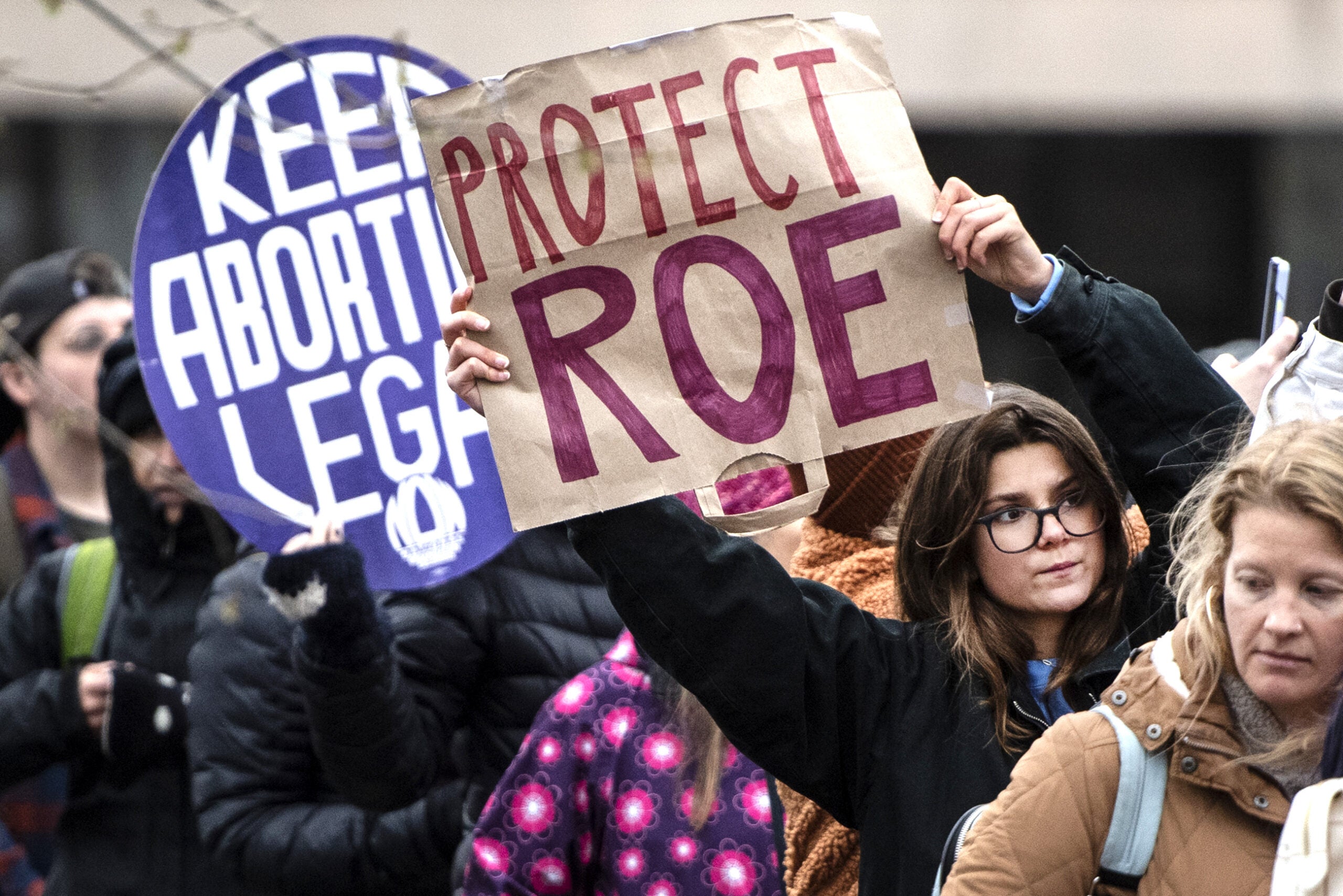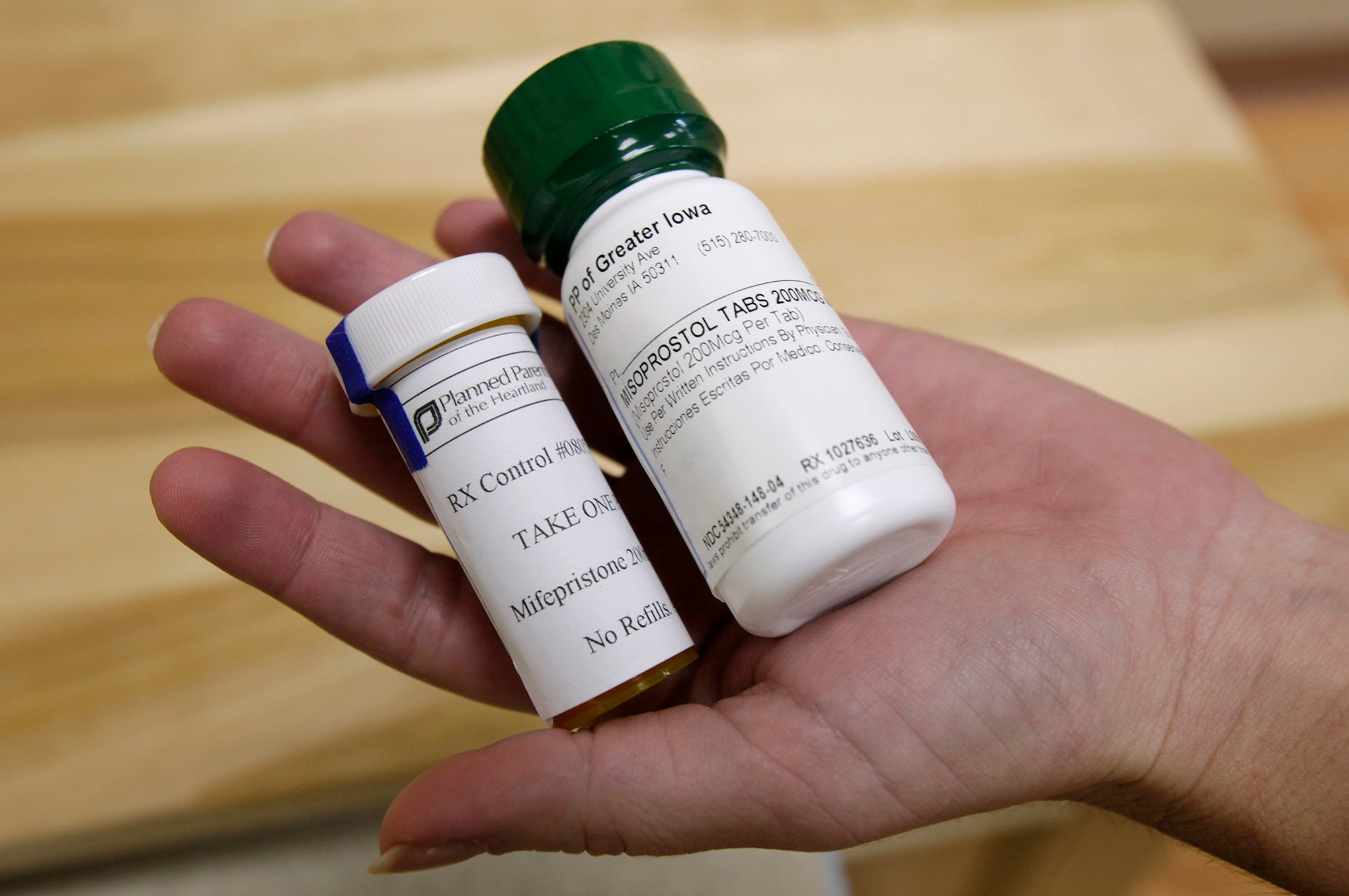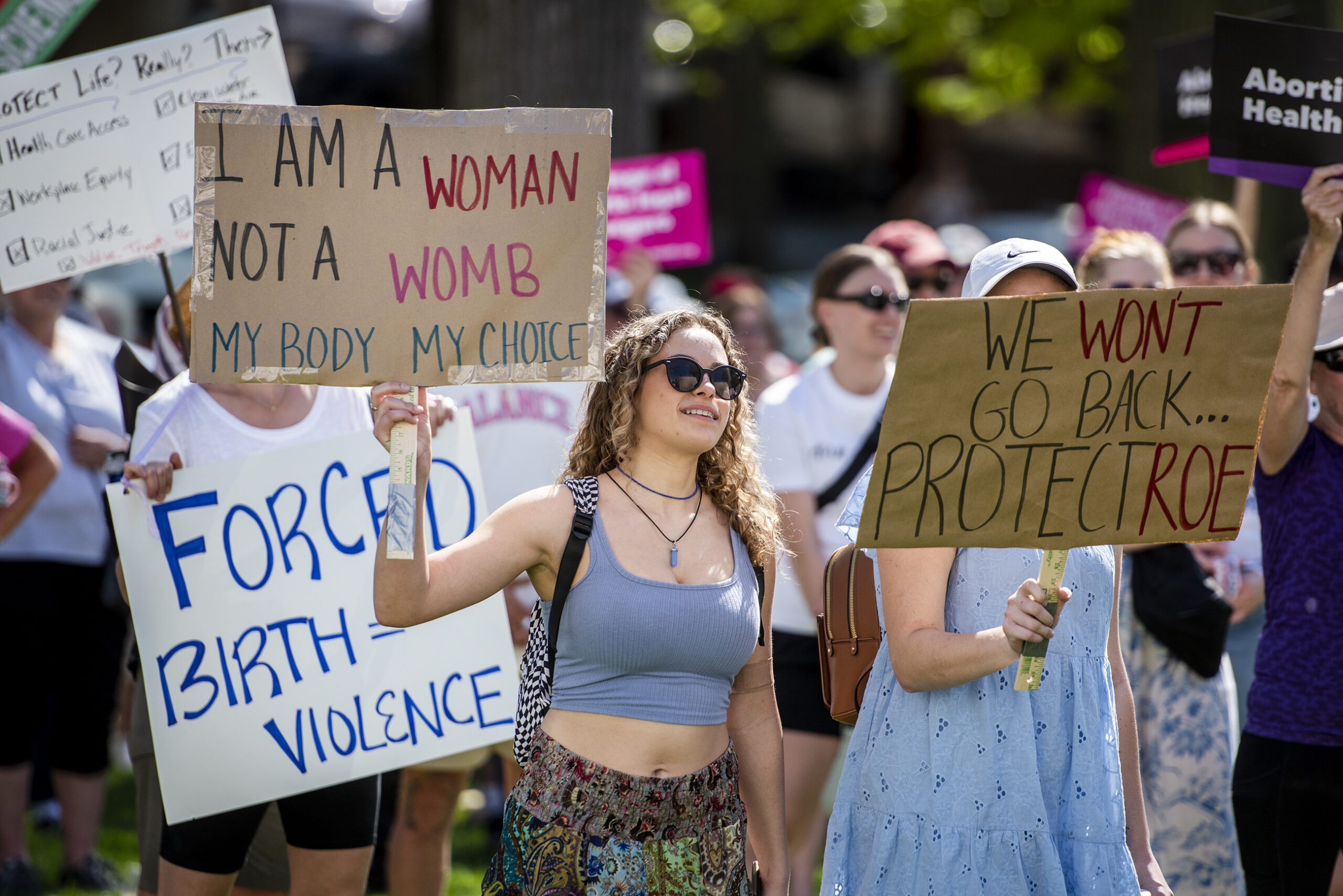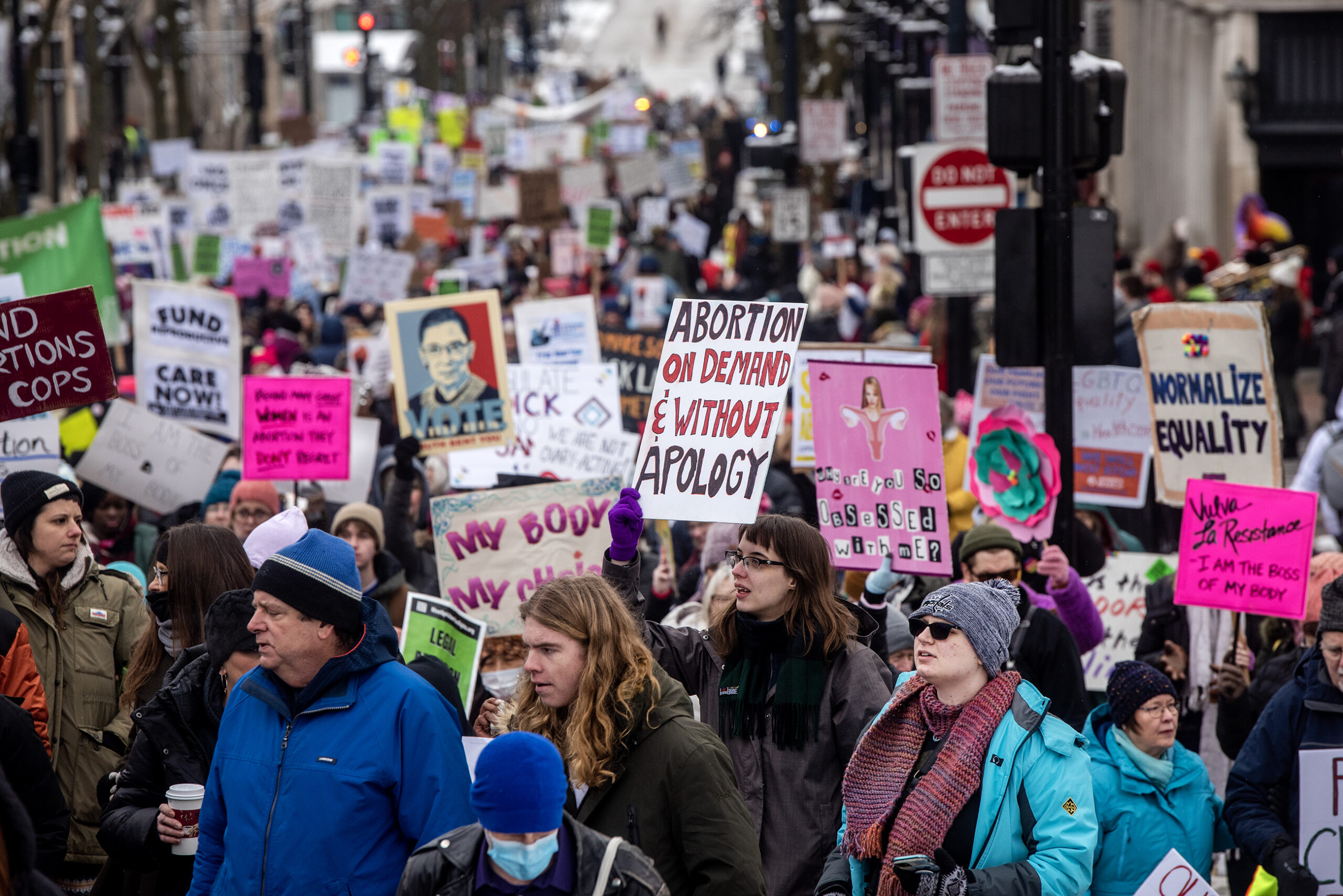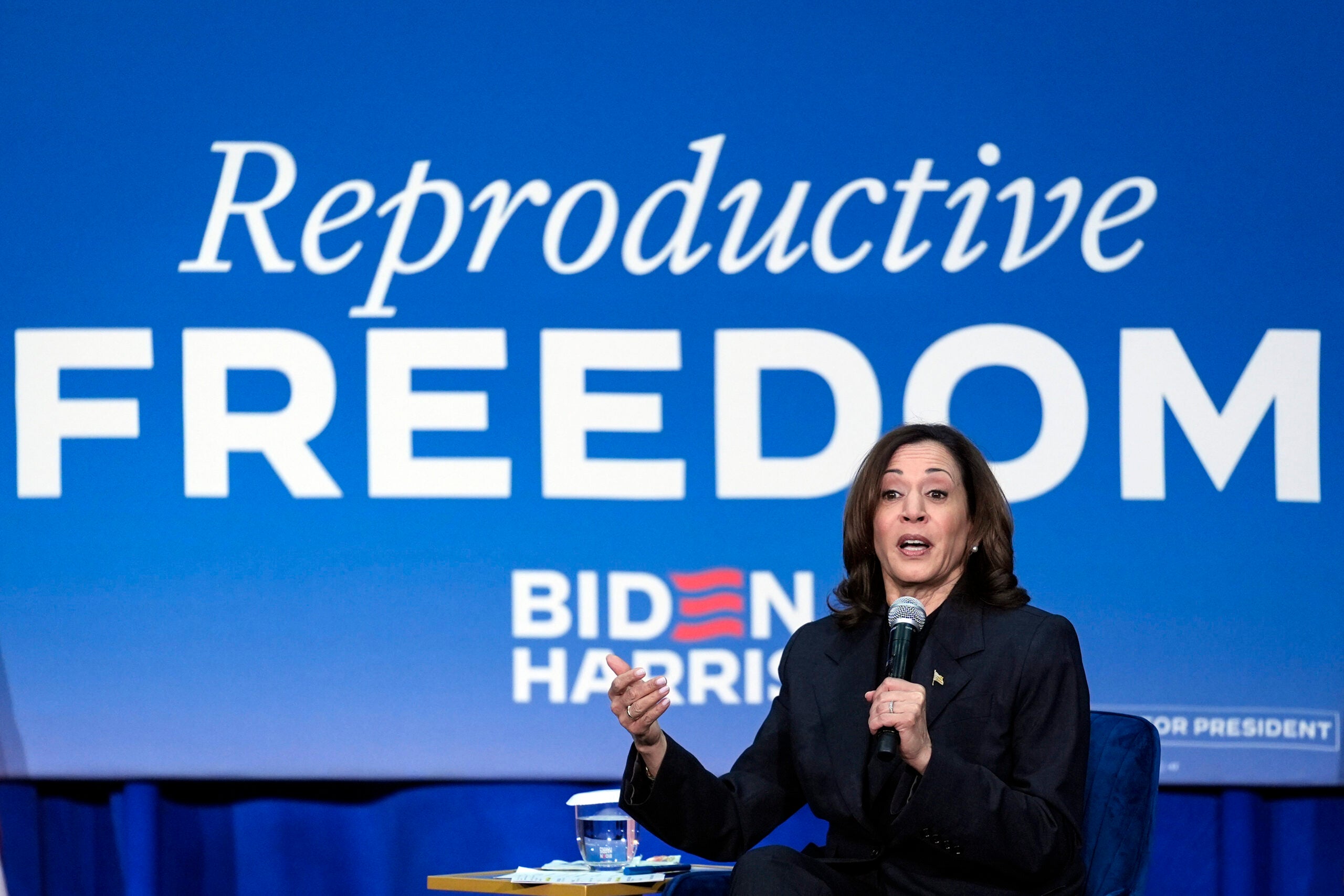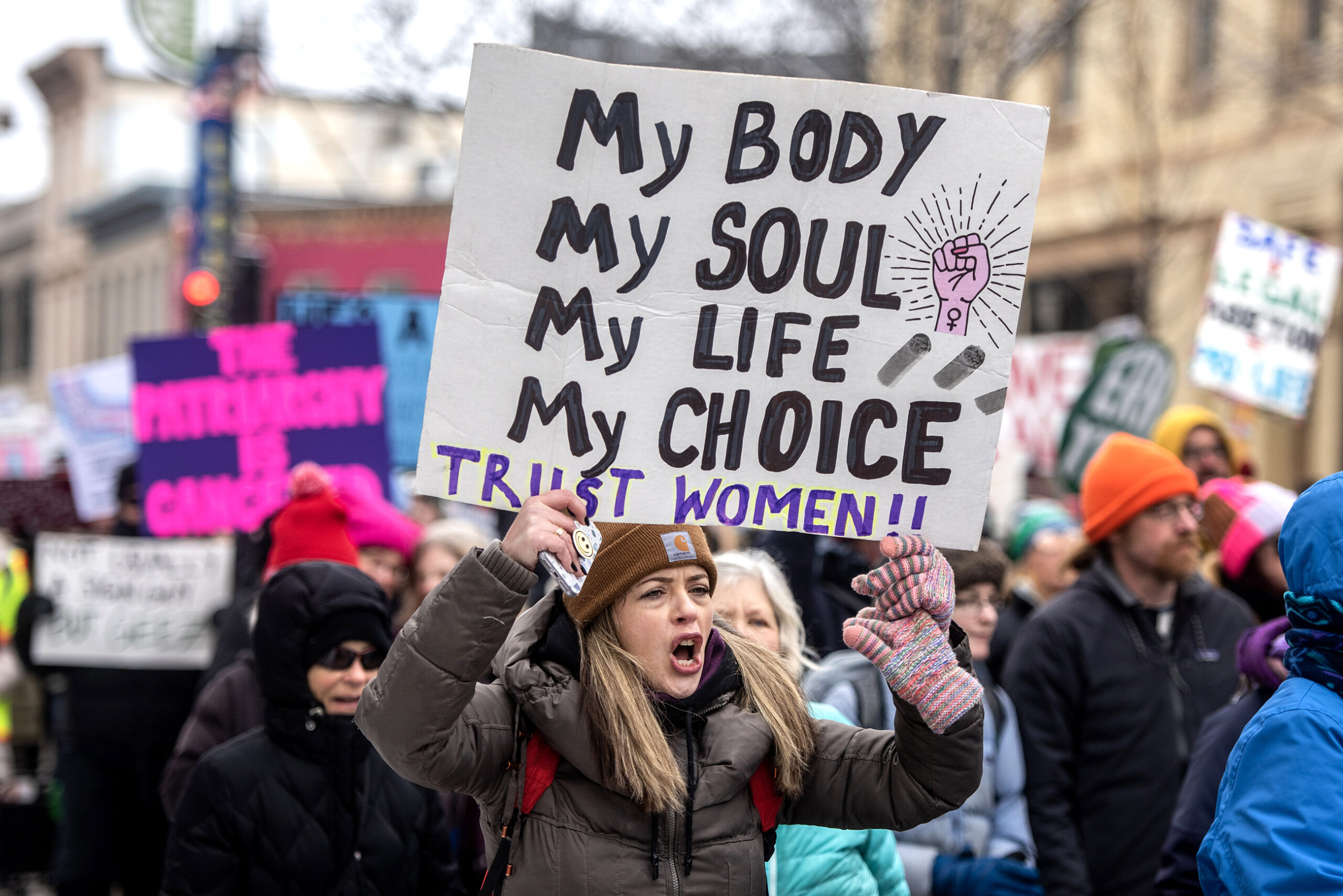Days before the 50th anniversary of Roe v. Wade — the landmark U.S. Supreme Court case that granted a constitutional right to abortion — abortion advocates came together to emphasize how Wisconsin’s 1849 law banning the procedure is affecting residents across the state.
A series of roundtables in Milwaukee County Friday set off a weekend full of state and national events in recognition of the monumental decision’s anniversary. But it’s the first anniversary following the Dobbs v. Jackson Women’s Health Organization Supreme Court decision, which overturned Roe v. Wade, and set in motion Wisconsin’s abortion ban.
The state’s Capitol will play host to the “The National Women’s March on Madison” Sunday. It’s an event that could bring thousands from across the state and nation.
Stay informed on the latest news
Sign up for WPR’s email newsletter.
“We are not going gently. We are taking our fight to every state and every legislator in this country,” the website for the event said.
Meanwhile, the annual “March for Life” took place in Washington D.C. on Friday. Wisconsin Right to Life, a nonprofit anti-abortion group, bused individuals to that event, according to their website.
“We celebrate each and every life, from the moment of conception. We envision a world where every life is celebrated, valued, and protected,” the website for that event said.
Debates revolving around abortion have remained a hot topic in the months since the abortion ban went into effect in Wisconsin. The most recent Marquette University Law School Poll on the issue found about 68 percent of Wisconsin residents said abortion should be legal in all or most cases. That poll also found 61 percent opposed the Dobbs decision.
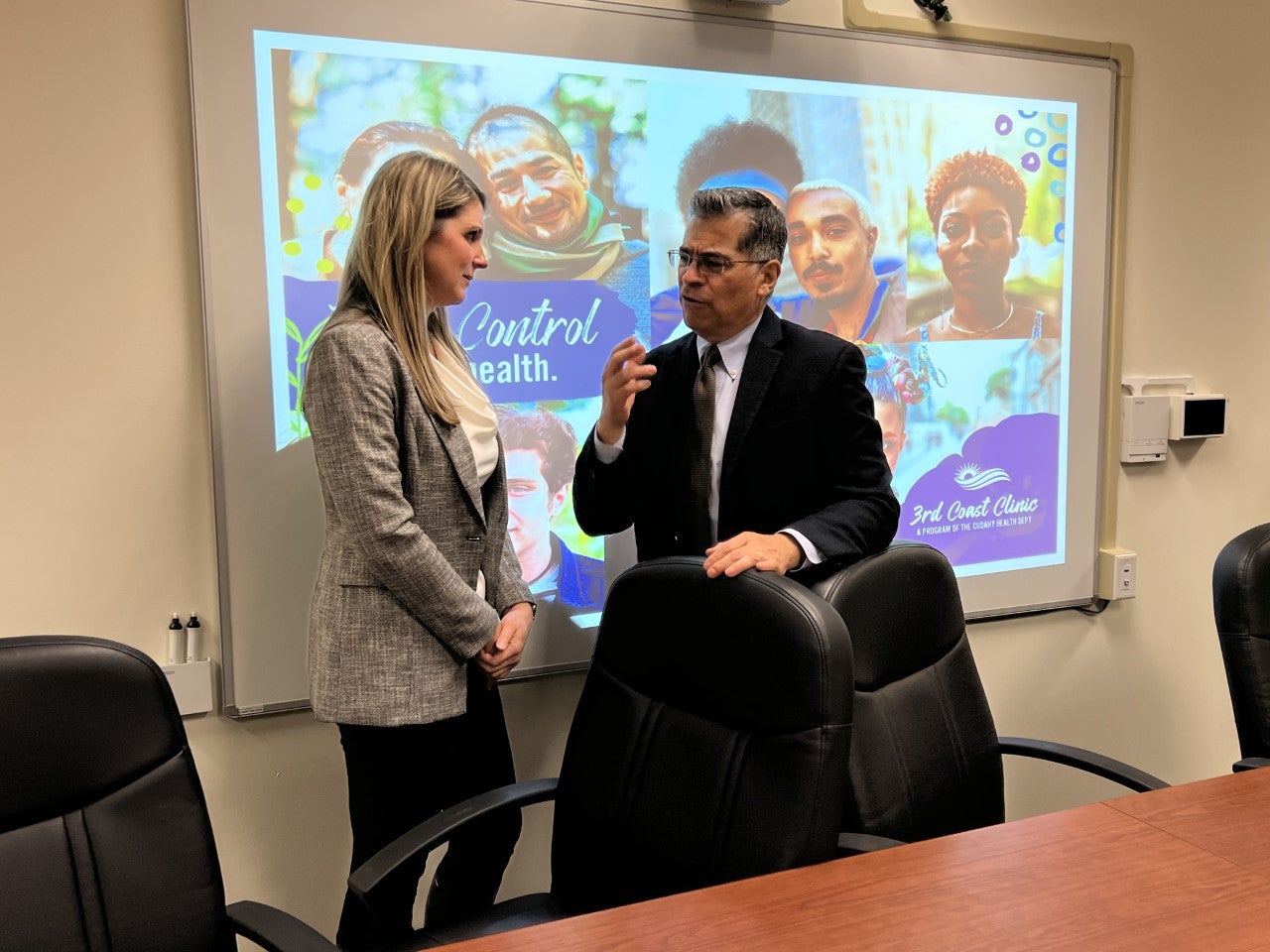
Roundtables focus on changes in Wisconsin since abortion ban went into effect
The decision to overturn Roe v. Wade put in place a patchwork of abortion laws across the nation. U.S. Department of Health and Human Services Secretary Xavier Becerra saw that patchwork firsthand this week, as he visited Minnesota Thursday — a state where abortion remains legal — and Cudahy, a Milwaukee suburb, on Friday morning.
“It’s a tale of two cities, and it’s in the worst way,” Becerra said at the roundtable Friday, where he met with doctors and abortion advocates.
In anticipation of the anniversary of Roe v. Wade, HHS released a report detailing how the agency is working to protect abortion access in states where abortion is illegal. That includes protecting access to birth control and making sure people have access to abortions when medically necessary in states where abortion is now illegal.
“We rely oftentimes on ancient and sometimes medieval laws and thinking of what we do for the health of some people,” Becerra said. “We have an opportunity and obligation to do what we can to change that.”
Wisconsin Attorney General Josh Kaul also attended the roundtable. Kaul filed a lawsuit after the U.S. Supreme Court struck down Roe v. Wade, arguing Wisconsin should not enact its more than century-old abortion ban.
“What I’m really happy to be talking about here today is the kind of issue that this should be, which is a health issue, not a political issue. Not a legal issue, but a health issue,” Kaul said.

The month before Roe was overturned, about 25 Wisconsinites had abortions performed in Illinois. Since Wisconsin’s ban was reinstated in June, an average of nearly 300 Wisconsin abortion-seekers have traveled to Illinois each month.
Jessica Scharfenberg, CEO of Healthfirst, a nonprofit health clinic with locations in central Wisconsin, attended the roundtable event. She said she had an individual come to a Healthfirst clinic seeking an abortion in the Wausau area last fall. They called an abortion clinic in Illinois, who then paid for a rental car for the individual to drive to Illinois in.
“Why are we having to go to that extent to get individuals those services, is my question,” Scharfenberg said at the event.
Dr. Mercedes Williams is an OB-GYN at Aurora Health Care in West Allis. She said she went to medical school in Oregon state, where abortion is legal throughout pregnancy.
“Coming here, it’s been a big shocker,” Williams said.
Williams said that although most birth control is 99 percent effective, there’s still a chance it can fail.
“That is why abortion access is so, so critical,” she said.
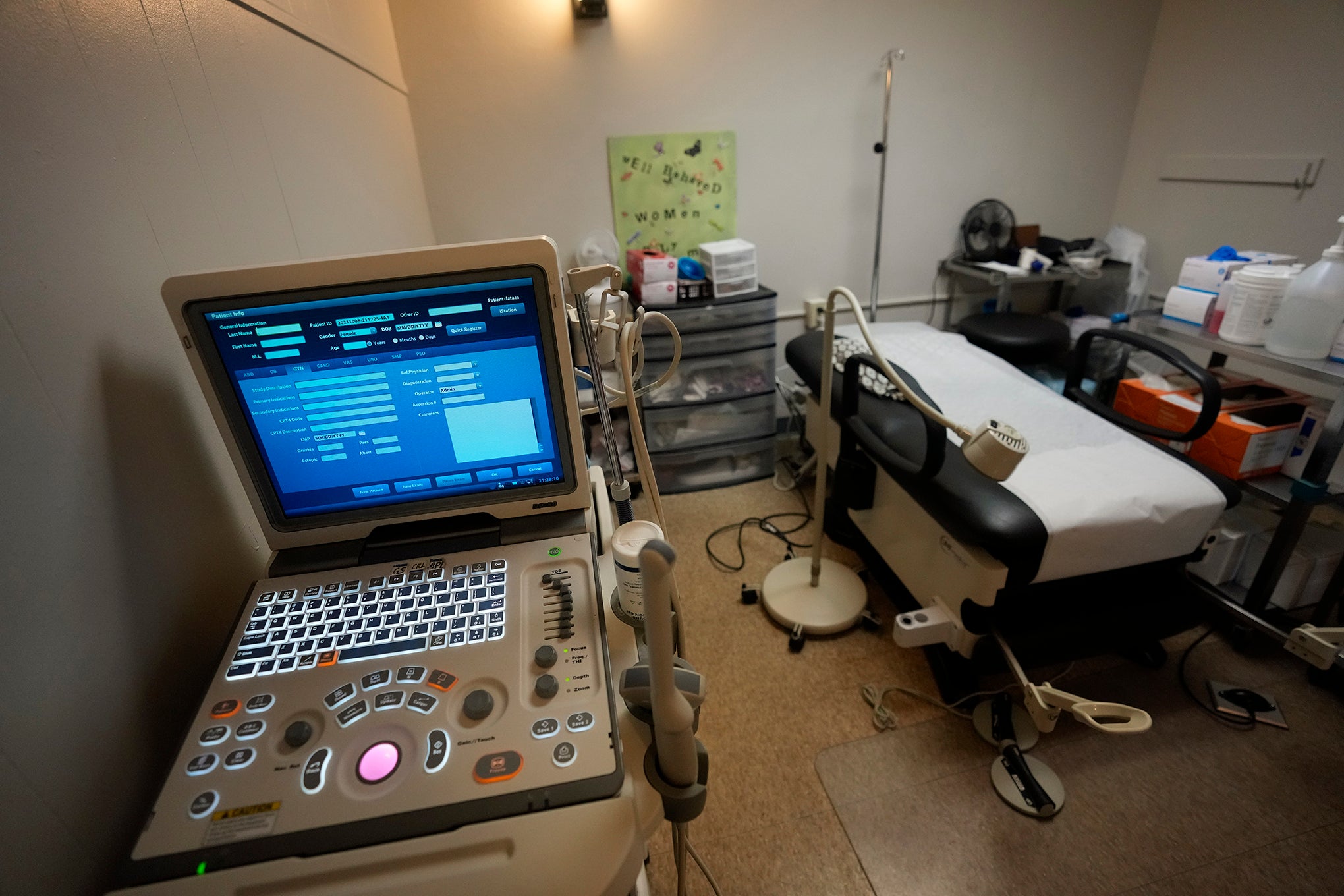
Mario Munoz is a reproductive health nurse at Planned Parenthood of Wisconsin. He’s been a nurse for 21 years, but he said he’s now worried about doing his job. Under Wisconsin’s 173-year-old abortion ban, doctors can only end a pregnancy when the pregnant person’s life is in danger. But some medical professionals have claimed the law is confusing.
“As soon as someone is there for pregnancy, and their option is they want to abort, I panic,” Munoz said.
According to an analysis of a national study by the University of Wisconsin-Madison Collaborative for Reproductive Equity, health care providers have not performed any abortions in the state since the fall of Roe vs. Wade.
Wisconsin Public Radio, © Copyright 2025, Board of Regents of the University of Wisconsin System and Wisconsin Educational Communications Board.

